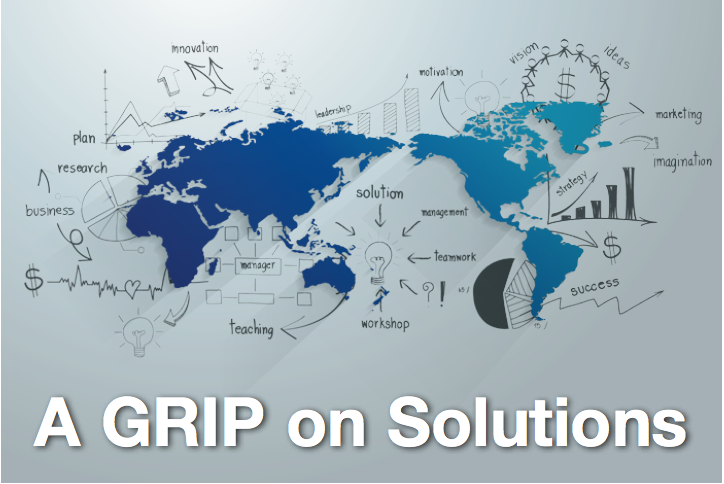For many reasons, town councils, plant operators, and regulators are nervous about making changes in the way they run their water treatment operation. Change can be scary, especially when hundreds or thousands of neighbours drink the water from their taps that you are responsible for.
Stephen Hawking once said, “intelligence is the ability to adapt to change.” Change for change’s sake is not very intelligent; and when changes are made based on limited information, they can even be dangerous. So, is it reasonable to ask a water operator to overhaul his parameter monitoring system, just so that somebody else can check the biochemical oxygen demand (BOD) levels on their phone? Yes, it is. And we should.
Smart solutions wanted
In June, I attended the Canadian Water Summit in Toronto. It was there that I met a young engineer who has developed a remote monitoring system that is faster, smarter, cheaper, more flexible, and safer than what the majority of operators in Canada have in their plants. She built it with advanced sensors and lightning-fast, artificial intelligence-enabled processors. Her dynamic coding team tested the technology in Melbourne and Lausanne.
You might argue that Australia and Switzerland have different water, weather, regulations and needs than we have in Canada. But maybe it’s possible that the problem Canadian municipalities face with BOD discharge levels has already been solved in a city more than 8,000 kilometres away—we just don’t know about it yet.
Isle Utilities Global Research and Innovation Partnership (GRIP) is a program that virtually unites water companies to explore business and operational strategies in key areas such as asset management, water quality, intelligent networks, innovation processes, people, and culture. Built on ten years of success with the Technology Approval Group (TAG) model on four continents—GRIP brings a new level of certainty to adopting innovative technologies, products, and services. In the TAG program, pre-screened technologies are presented to utilities. In this way, Isle also supports technology developers in building a dialogue with their end-user market.
Enabling investment through risk and barrier reduction
Isle’s team of engineers and scientists undertakes detailed technical due diligence, market intelligence services, market entry studies, and an evaluation of the value proposition of technology providers’ business plans when approaching a new technology. Through a variety of programs and services, we reduce barriers to the successful development and commercialization of products and solutions based on four principles:
- Ensure innovation and development meet pre-identified needs within the industry;
- Accelerate deployment of novel innovative solutions so that the benefits can be rapidly realized by the industry and the supply chain remains committed to innovation;
- Optimize approval and certification spending through well-planned regulatory analysis;
- Attract external investment into the industry by de-risking potential investments through the demonstrable engagement of end-users.
By undertaking technical due diligence on behalf of multiple purchasers, Isle provides an additional support structure for potential investments, and the end-user engagement ensures an attractive and well defined market that Isle can help companies to exploit. Working closely with our members and understanding their individual and collective regulatory regimes positions Isle very well to guide product companies toward the best choices when it comes to certifications, approvals and environmental verification.
Municipalities that don’t have the budget to attend events in Singapore and Abu Dhabi can still benefit from innovations that have been proven around the world. Utilities that struggle with pricing models for wastewater treatment services can get answers from colleagues around the globe in a professional forum.
Just as we have seen dramatic and effective change in the energy and power utilities sectors, we will be seeing significant innovations in the water utilities sector. Affordable, intelligent, and well-executed change is happening all around the world in energy and water systems and through international efforts like GRIP we can all stay risk adverse for safety.













